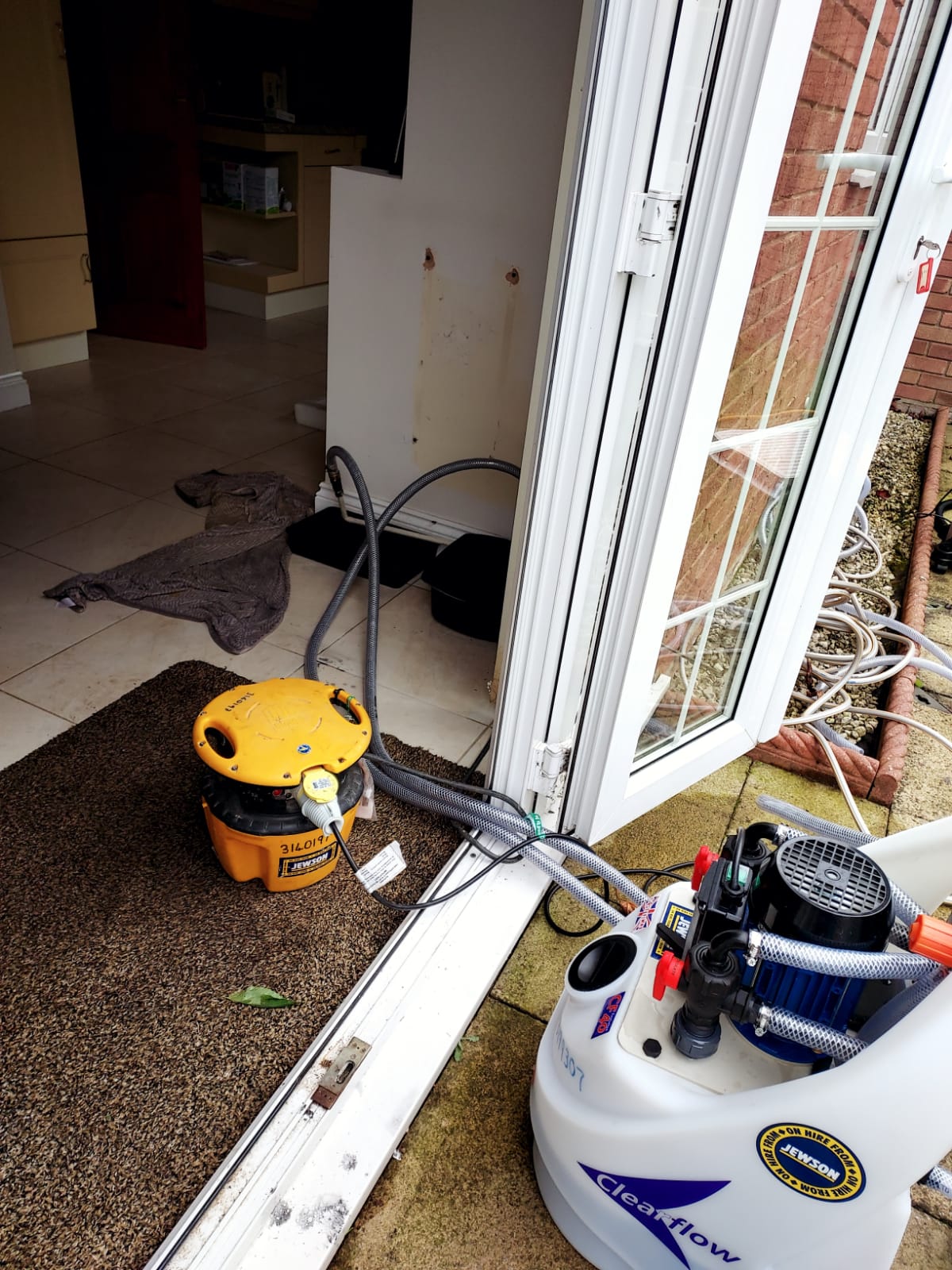Plumbing issues can arise unexpectedly and often leave homeowners scratching their heads for solutions. From minor annoyances to major emergencies, understanding how to address common plumbing concerns can save you time, money, and frustration. To shed light on the most frequently asked questions received by plumbers, we’ve compiled this comprehensive FAQ guide to help you navigate through your plumbing woes with confidence.
1. Why is my sink draining slowly?
- Slow drainage in sinks is often caused by a buildup of debris, grease, or hair in the pipes. Try using a plunger or a drain snake to remove blockages. If the problem persists, you may need professional drain cleaning to clear out the clog completely.
2. What should I do if my toilet keeps running?
- A running toilet is typically caused by a faulty flapper valve or a malfunctioning fill valve. Adjusting or replacing these components can often resolve the issue. If DIY attempts are unsuccessful, contacting a plumber to diagnose and fix the problem is recommended.
3. How can I prevent frozen pipes during winter?
To prevent frozen pipes, insulate exposed pipes in unheated areas, such as basements, crawl spaces, and attics. Allow faucets to drip during freezing temperatures to relieve pressure and keep water flowing. Additionally, keep interior spaces adequately heated to maintain comfortable temperatures throughout your home.
4. What causes low water pressure in my home?
Low water pressure can result from various factors, including mineral buildup in pipes, hidden leaks, or problems with the municipal water supply. Checking for leaks, cleaning faucet aerators, and consulting with a plumber to assess your plumbing system can help identify and address the root cause of low water pressure.
5. How can I prevent plumbing emergencies?
Regular maintenance and proactive measures can help prevent plumbing emergencies. Schedule annual inspections of your plumbing system, address minor leaks promptly, and avoid flushing non-biodegradable items down toilets or pouring grease down drains. Additionally, familiarize yourself with the location of shut-off valves in case of emergencies.
6. Why does my water heater produce lukewarm water?
A water heater producing lukewarm water may indicate issues with the heating element, thermostat, or sediment buildup in the tank. Flushing the tank to remove sediment and adjusting thermostat settings can help restore hot water production. If problems persist, it may be necessary to repair or replace the water heater.
7. What should I do in case of a plumbing emergency?
In the event of a plumbing emergency, such as a burst pipe or major leak, it’s essential to act swiftly. Shut off the main water supply to prevent further damage, and contact a licensed plumber immediately for assistance. Avoid attempting DIY repairs that could exacerbate the situation and prioritize safety for yourself and your property.
Conclusion
Plumbing issues can range from minor nuisances to significant disruptions, but having the knowledge to address common concerns can empower homeowners to tackle problems effectively. By understanding the causes and solutions to frequently asked plumbing questions, you can navigate through plumbing challenges with confidence and ensure the smooth operation of your home’s plumbing system. If ever in doubt, don’t hesitate to reach out to a qualified plumber for professional assistance and peace of mind.
